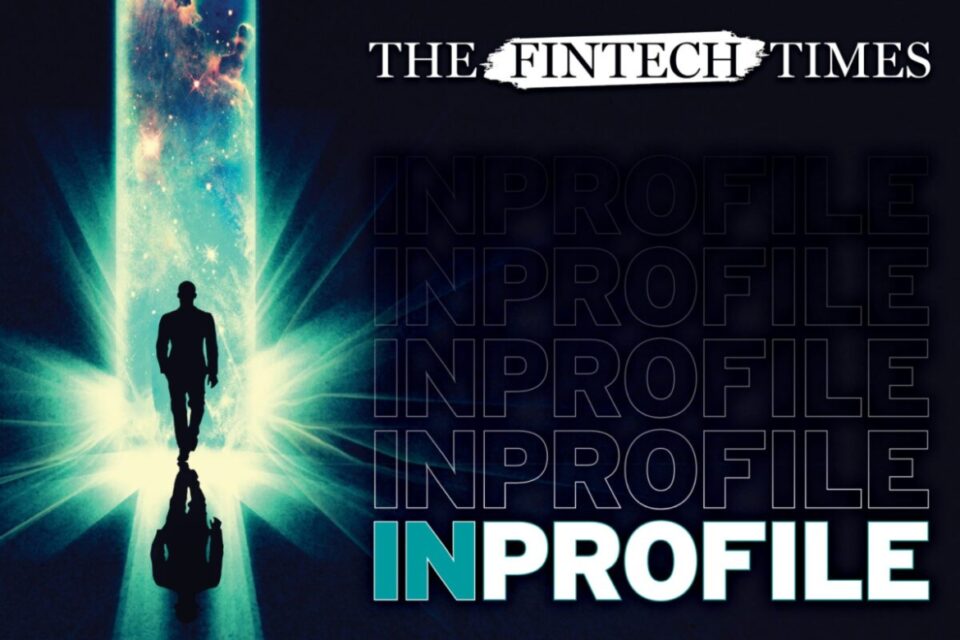Cryptocurrencies have evolved immensely over the last five years. With adoption rates reaching an all-time high globally, the call for regulation has never been stronger. With this in mind, The Fintech Times spoke to Yulong Liu, Partner at Babel Finance to learn about crypto regulation in the APAC region.
Babel Finance is a dedicated financial service specialist for crypto assets, that caters to institutional and high-net-worth clients worldwide, primarily focusing on crypto lending and crypto trading.

Yulong has served in traditional financial institutions overseas and in China for many years. He has a rich investment experience and has investment experience in many successful projects in the cryptocurrency field.
In 2015, he joined Lazard, as a core team member where he participated in the completion of many Chinese and foreign cross-border M&A transactions. At the end of 2017, he joined NewQuest Capital, Asia’s top private equity fund.
In October 2018, he co-founded Neutral, a crypto asset financial technology product company, and obtained Sequoia A round of investment.
Tell me more about the company
The company was founded in 2018 when its team noticed the interest rate market, which is an important infrastructure commonly seen in traditional finance, was missing and crypto holders were in desperate need of alternative liquidity vs direct trade. It strategically built out a crypto lending infrastructure to fulfill such demand for lending, and established a strong network within funds, trading houses, family offices and crypto native miners. Since then, it has continued to expand and is now playing an instrumental role to connect the Asian and Western crypto finance ecosystem as well as traditional and crypto services.
How do crypto regulations in APAC currently vary from the rest of the world?
Regulation for the crypto industry varies and is evolving quickly around the world. From exchanges being banned in China, to stablecoins being regulated in the West, regulators take different approaches to the crypto industry. Since the accelerated adoption among institutions since mid 2021, Singapore has publicly voiced its openness to create a crypto-friendly legal framework and is benefiting from the recent migration of crypto firms that will bring in capital and create more job opportunities.
For Babel Finance, we opened a business headquarters in Singapore in 2021, and we are looking forward to working with regulators to build a robust crypto-financial infrastructure together this year.
What are certain countries looking to change?
When El Salvador made crypto legal tender last year, many countries in South America looked to follow suit. Recently, Ukraine legalised cryptocurrencies to receive donations from various organisations, so we’re seeing how crypto assets are becoming an emerging crowdfunding tool for societies, even in wartime.
Has the pandemic impacted this change or lack of change?
With the pandemic, investors are more concerned with liquidity challenges, and looking into innovative spaces for higher-yield investments. Cryptos make for an ideal alternative asset investment for institutions to hedge portfolio risks, and to hedge against geopolitical uncertainties. Aside from the pandemic, factors such as technological innovation and Wall Street adoption are also playing a big role in the rising interest in crypto.
How can traditional investing be mapped onto crypto?
The year 2022 is widely viewed as a turning point, first in terms of the macroeconomic credit cycle with an almost 100 per cent confirmed US Fed interest rate hike, and second the less-expected ongoing geopolitical confrontation in Europe. For traditional investors, their interest in crypto allocation is stronger than ever, and finding a reliable partner has become top of mind. Generally speaking, CeFi has been around for many years and is more developed and compliance-driven than other sectors of the crypto ecosystem. Institutional-focused crypto financial services such as Babel Finance offer clients customised solutions for lending and trading solutions.
Will this make the digital assets less volatile?
Bitcoin’s volatility has been in decline in recent years, and greater institutional adoption will make the crypto ecosystem more mature, developed, and secure. At the same time, working with regulators and striving for optimal compliance practices will also smooth out market frictions, as well as prevent scams and foul play.
Why are so many execs avoiding crypto opportunities?
There are two thorny challenges for institutions that are looking to participate in the crypto space. First, there’s the uncertainty associated with how this industry may be regulated. Some regions’ regulators do not offer enough transparency, so large institutional investors are concerned that they may run into compliance risks. Second, the ESG concerns over crypto mining raised a few months ago has Wall Street re-evaluating Bitcoin as an asset class.
This is still a nascent industry and a lot of investor education is still required. Besides, the regulatory complexities are another key factor that causes executives to hesitate to enter the crypto world. On the bright side, the institutionalisation of this market is a great signal that the crypto industry is becoming increasingly professional and respected as a field.
What can be done to make them more enticing?
The crypto industry is driven by fintech innovation, and with the advent of Web3.0 and NFTs, more and more people will continue to join the crypto industry with different visions and ambitions. 2022 is shaping up to be a great year, as we are likely to see more DeFi innovations getting into the mainstream.
What do you think the crypto regulation landscape will look like in five years?
Regulating cryptocurrency is a tough challenge globally. Singapore is setting a good example of how a competent regulator does the job with a smart, practical, and effective approach. Singapore is cautious about issuing any regulations that could hamper industry growth at the outset. It gives time and space for the industry, as well as the regulators themselves, to learn through doing.
As Bitcoin adoption accelerates worldwide, crypto assets are increasingly seen as an investment class for traditional investors to diversify their portfolios. Recently, we’ve even seen governments proposing BTC as legal tender. This indicates that Bitcoin may become a recognised alternative asset class.
Final thoughts?
While the Fed’s tightening of liquidity will have some impact on asset prices, the surging stablecoins will bring a higher floor for bitcoin prices. In a world that is rapidly going digital, the shift to trading via cryptocurrencies is unstoppable.



